Quiz Yourself
Plastics Impacts Quiz
Plastics Impacts Quiz
How much do you know about the impacts of plastics on land, air, and water?
There is a small wait at the end while we tally your results. Please stay on the page.
What form of plastic pollution is most common in the world today?
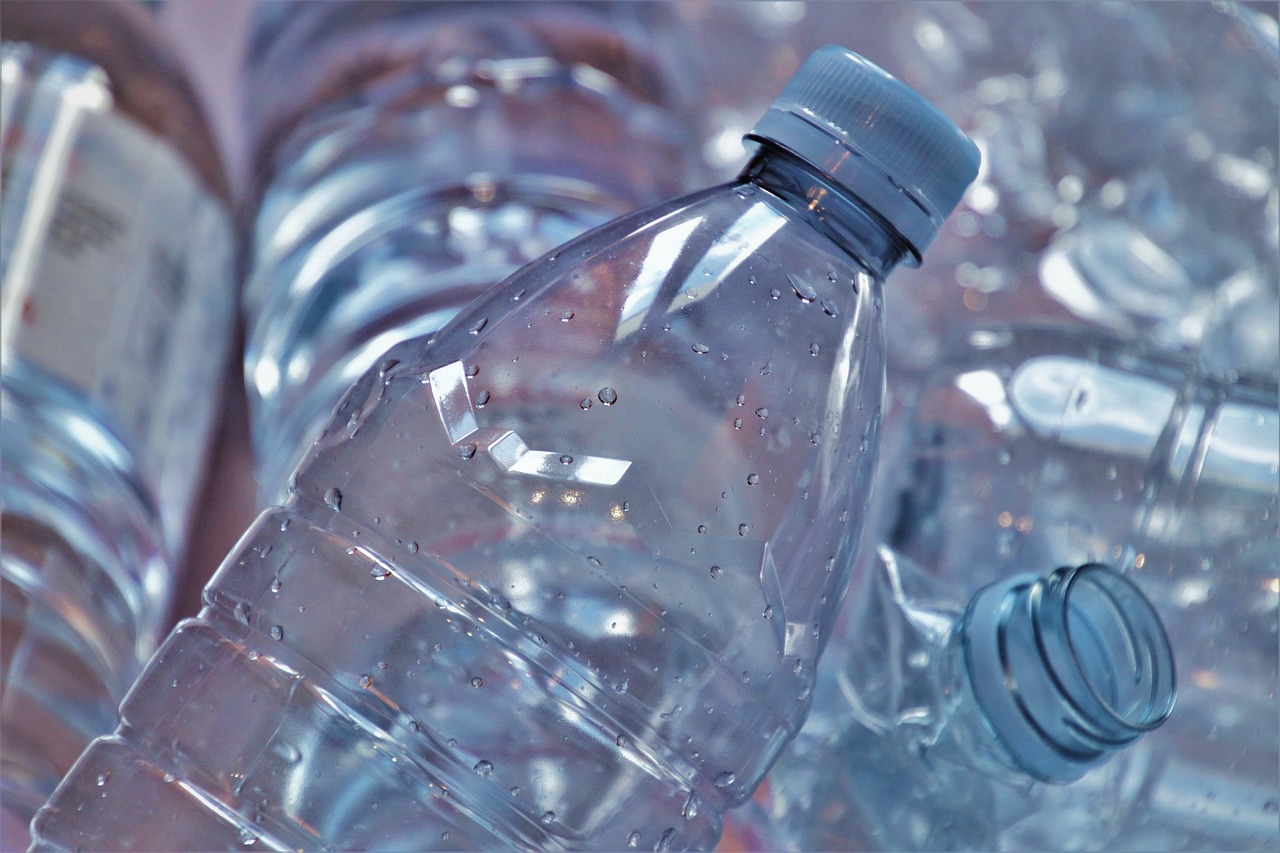
Terrestrial microplastic pollution is the most prevalent form of plastic pollution— estimated at 4 to 23 times higher than marine plastic pollution. The Earth’s soils may be more saturated with plastic pollution than oceans and an estimated 80 percent of plastics found in marine environments are first disposed of on land. The amount of plastic waste found on land is weighed at millions of tons.
How much daily-use plastic is actually recycled?
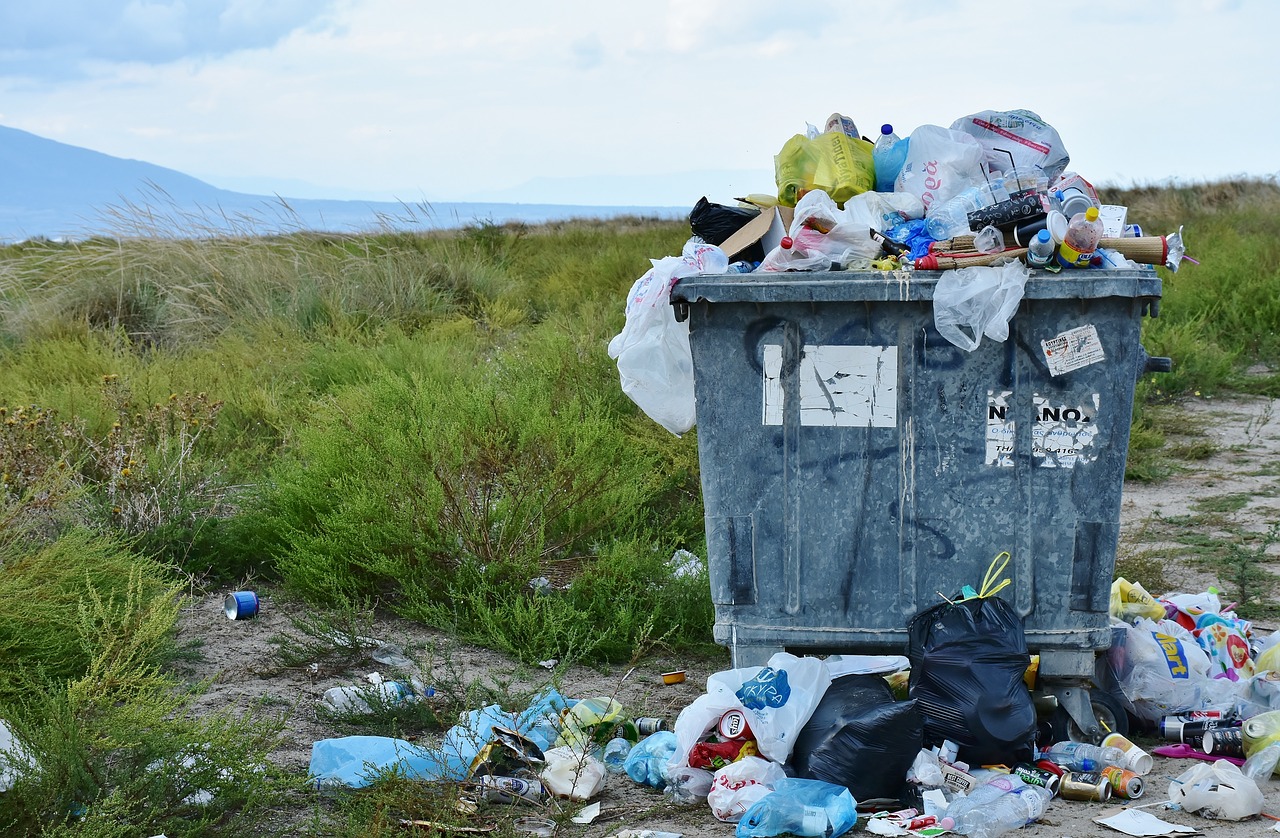
Only 9% of the plastic we discard every day is recycled or incinerated in waste-to-energy facilities. Much of it ends up in landfills, where it may take up to 1,000 years to degrade, leaching potentially toxic substances into the soil and water.
When toxic chemicals are released into the soil from plastics, who does it affect?
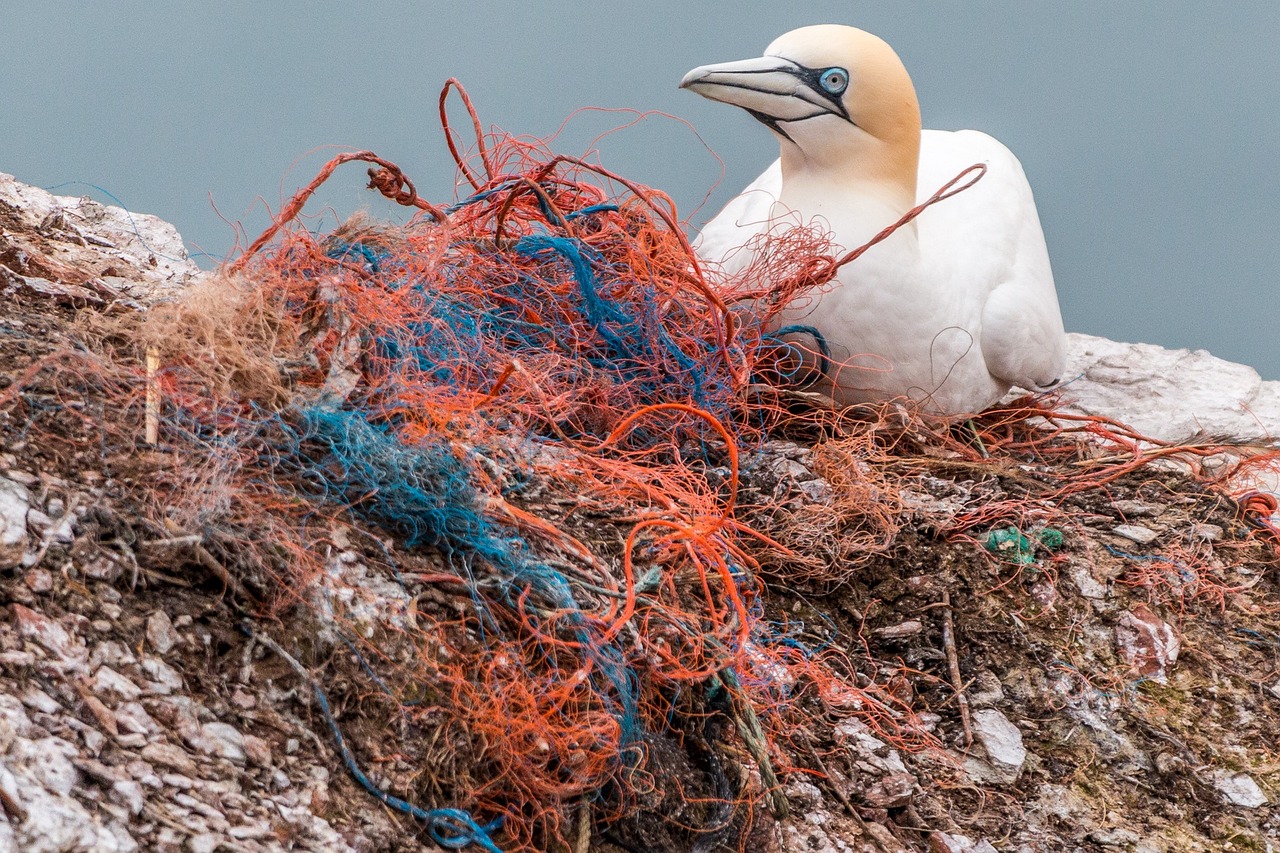
Everyone is affected when toxic chemicals are released into the soil. It poisons the plantlife, the animal life living within the soil, contaminating the entire food chain until humans are exposed.
Which two cities have the most microplastics in their atmosphere?

Human exposure to microplastics is largely through inhalation due to the prevalence of microplastic pollution in the atmosphere. In both London and Beijing, there are several thousand plastic particles per cubic meter, meaning these cities hold the largest concentrations of microplastics in their atmosphere.
When in the atmosphere, microplastics affect ____
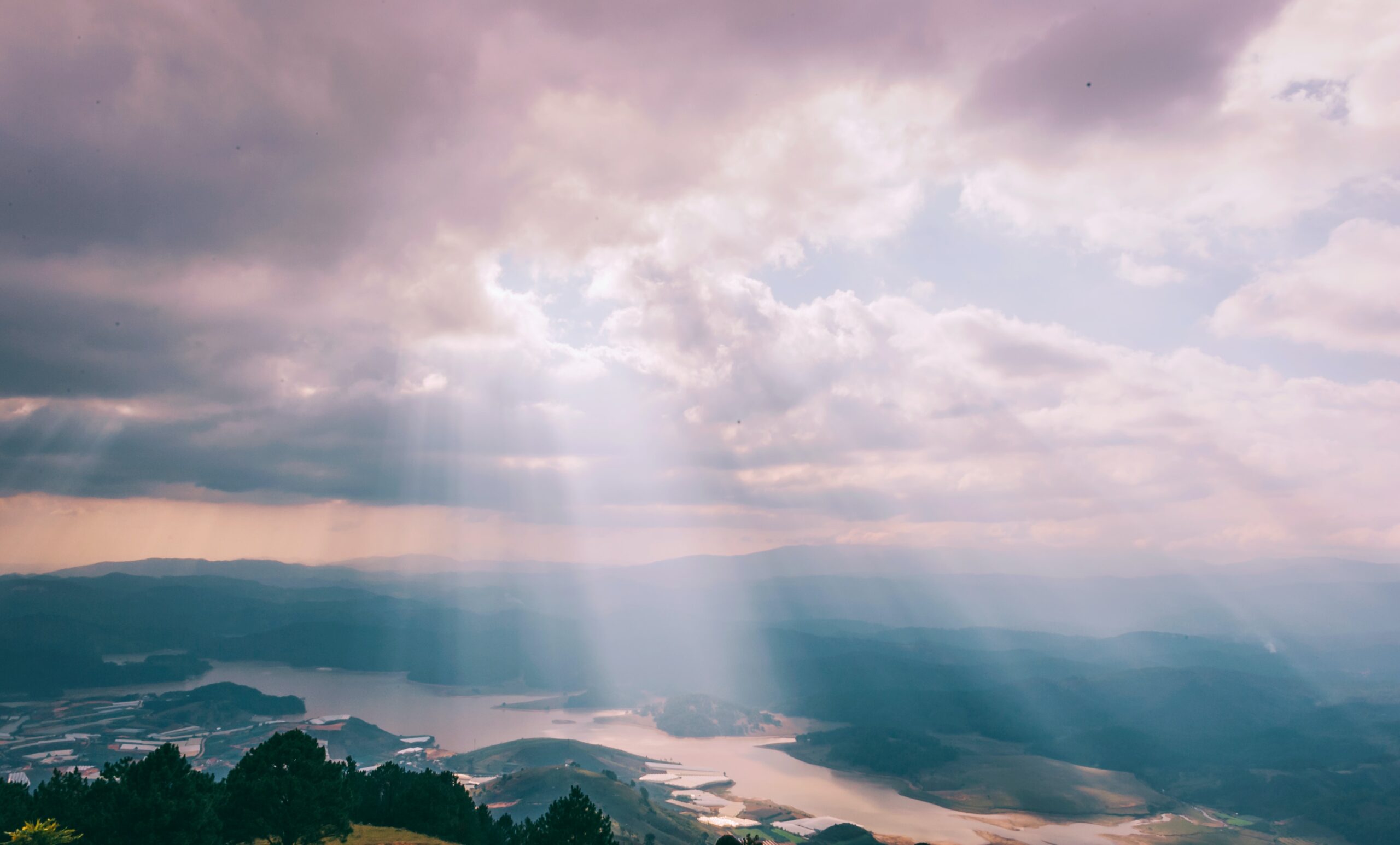
Microplastics not only impact human health, but they also interfere with environmental processes, such as cloud formation, precipitation, and cloud lifetime. Because microplastics are able to alter these processes, they have the potential to impact temperature, rainfall, and climate change.
How many grams of plastic do we consume weekly?
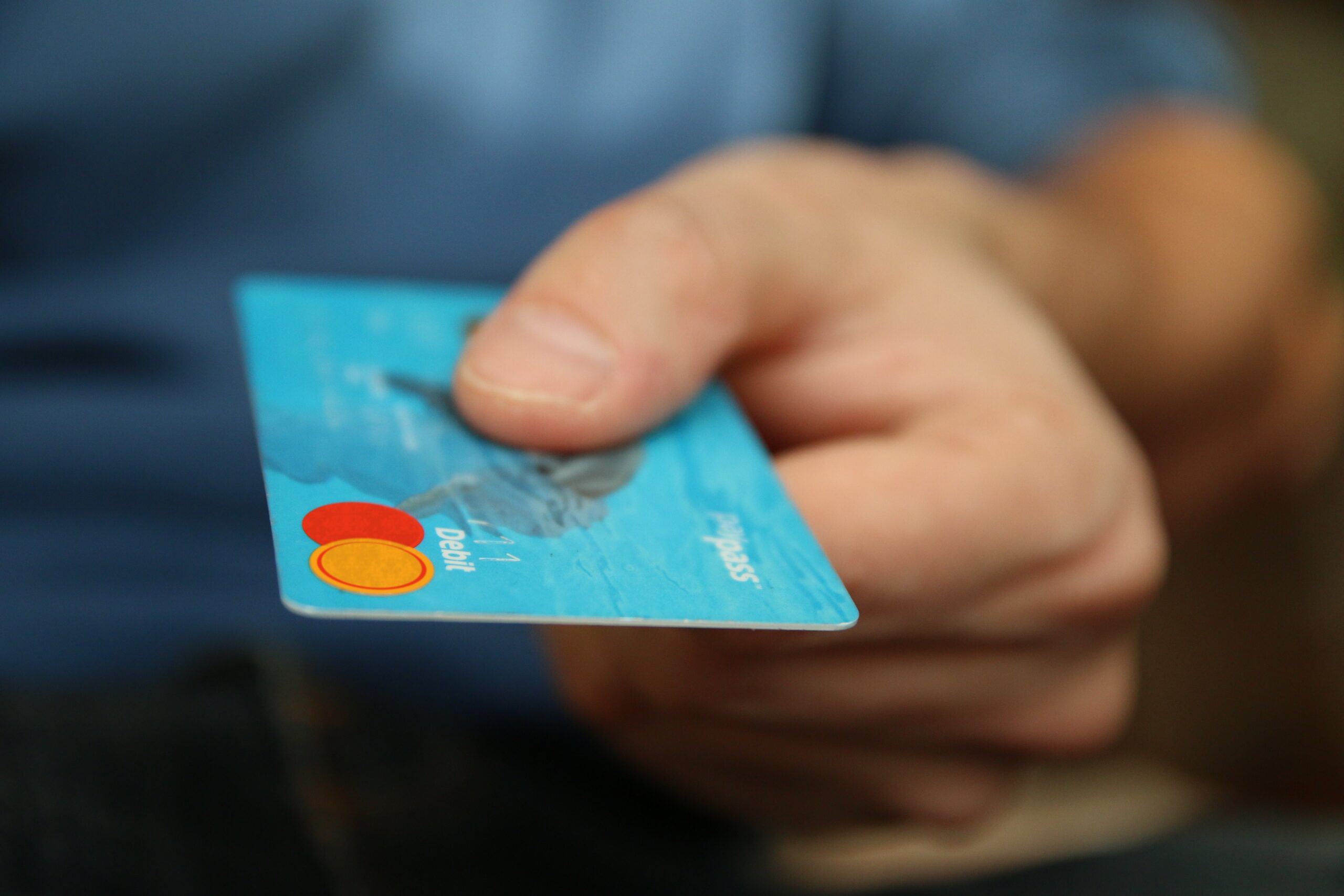
Studies show that we ingest up to 5 grams of microplastics per week, which is roughly equivalent to the mass of a credit card.
How do microplastics make their way into wastewater?
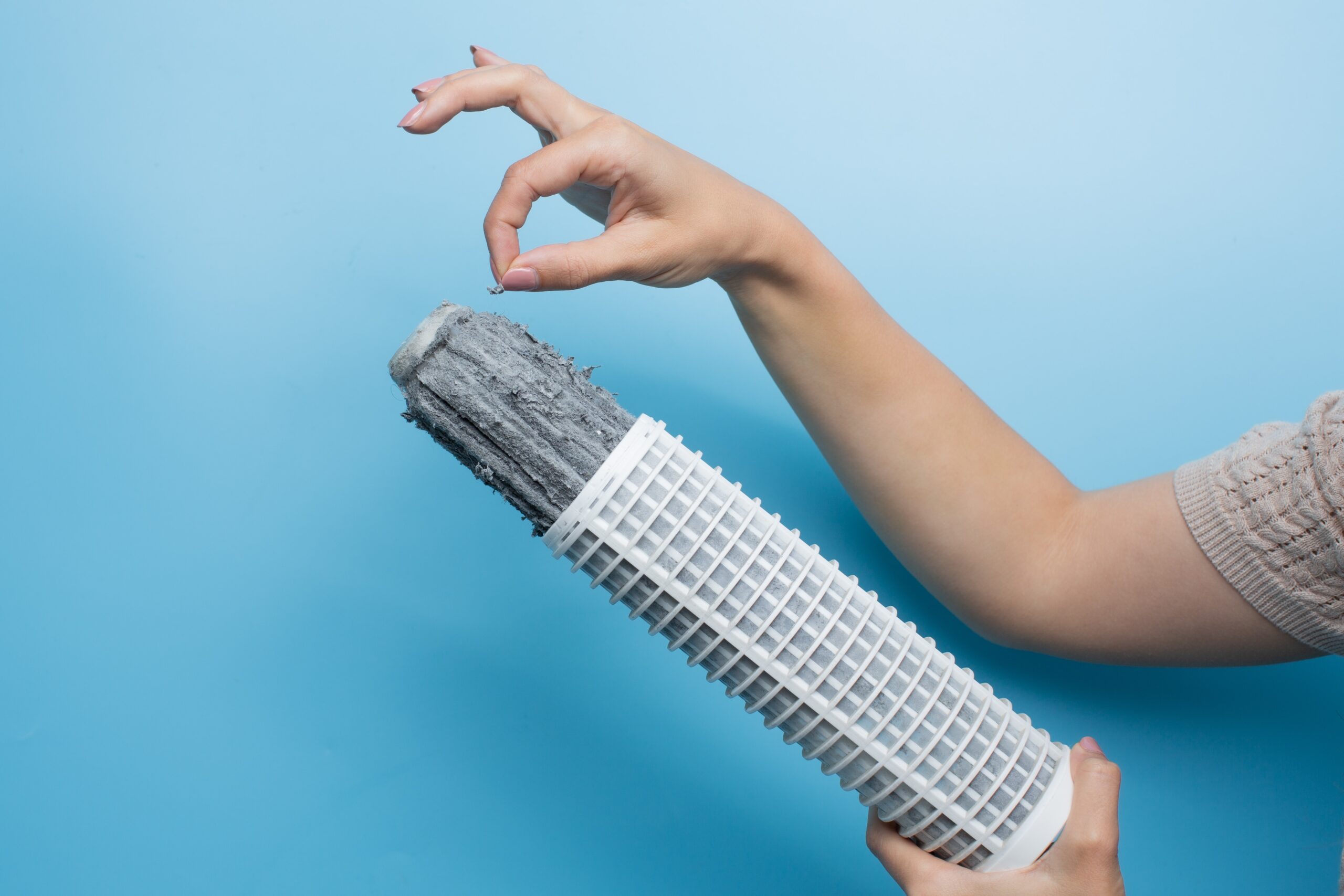
Microplastics make their way into water through unique avenues. Municipal treatment facilities only remove up to 90% of microplastics. When washing clothes, more than 700,000 synthetic fibers are released into water. Synthetic fibers are linked with microbeads, which were found in cosmetic products sold in the United States till their ban in 2015.
True or False: Using conventional water treatment practices do not work to reduce the presence of microplastics in water.
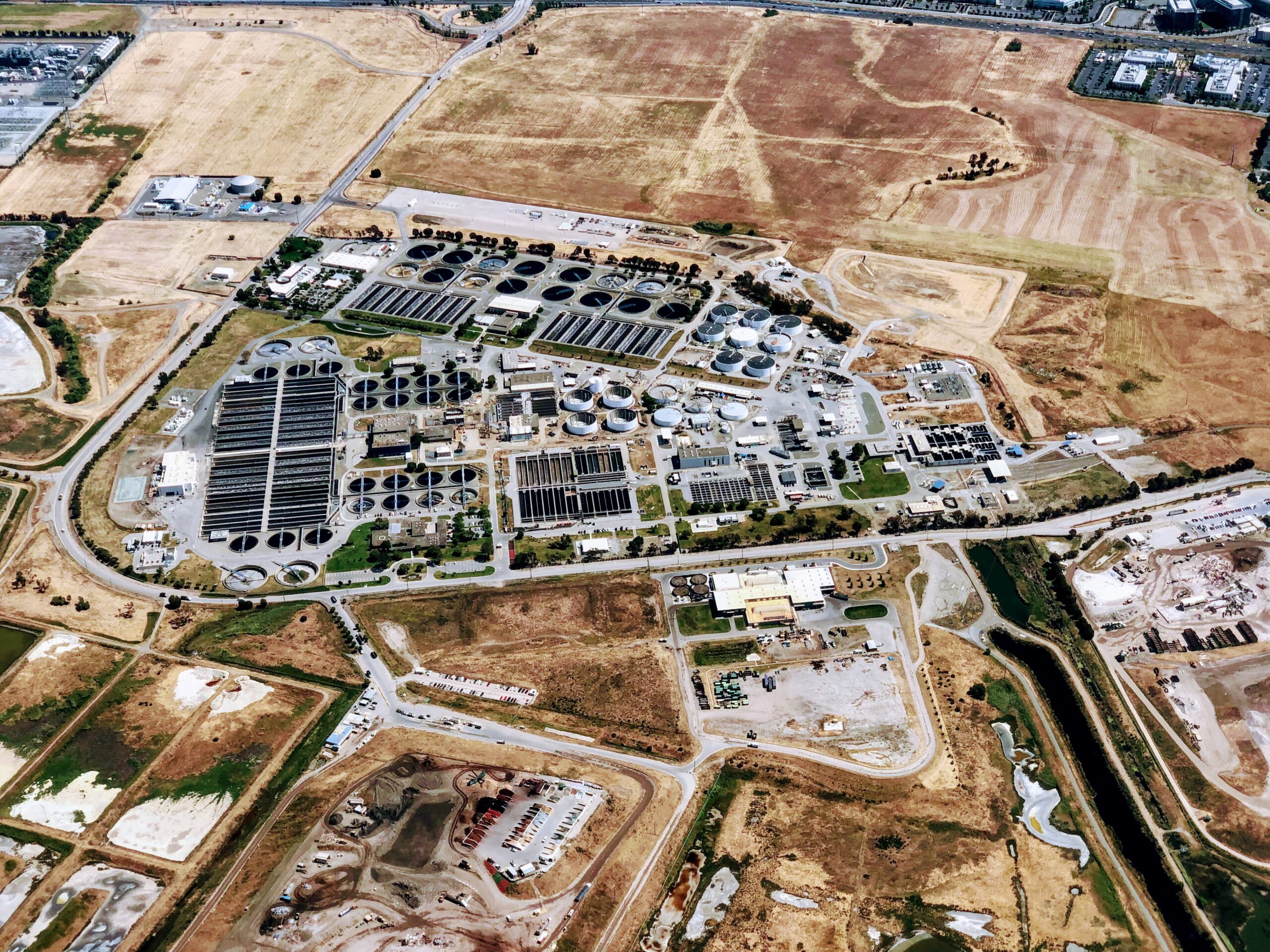
Most water treatment facilities in the United States are equipped with the infrastructure needed to limit microplastics. Studies show that conventional treatment operations - primary and secondary filtration - have a 99% efficiency in removing microplastics from water.
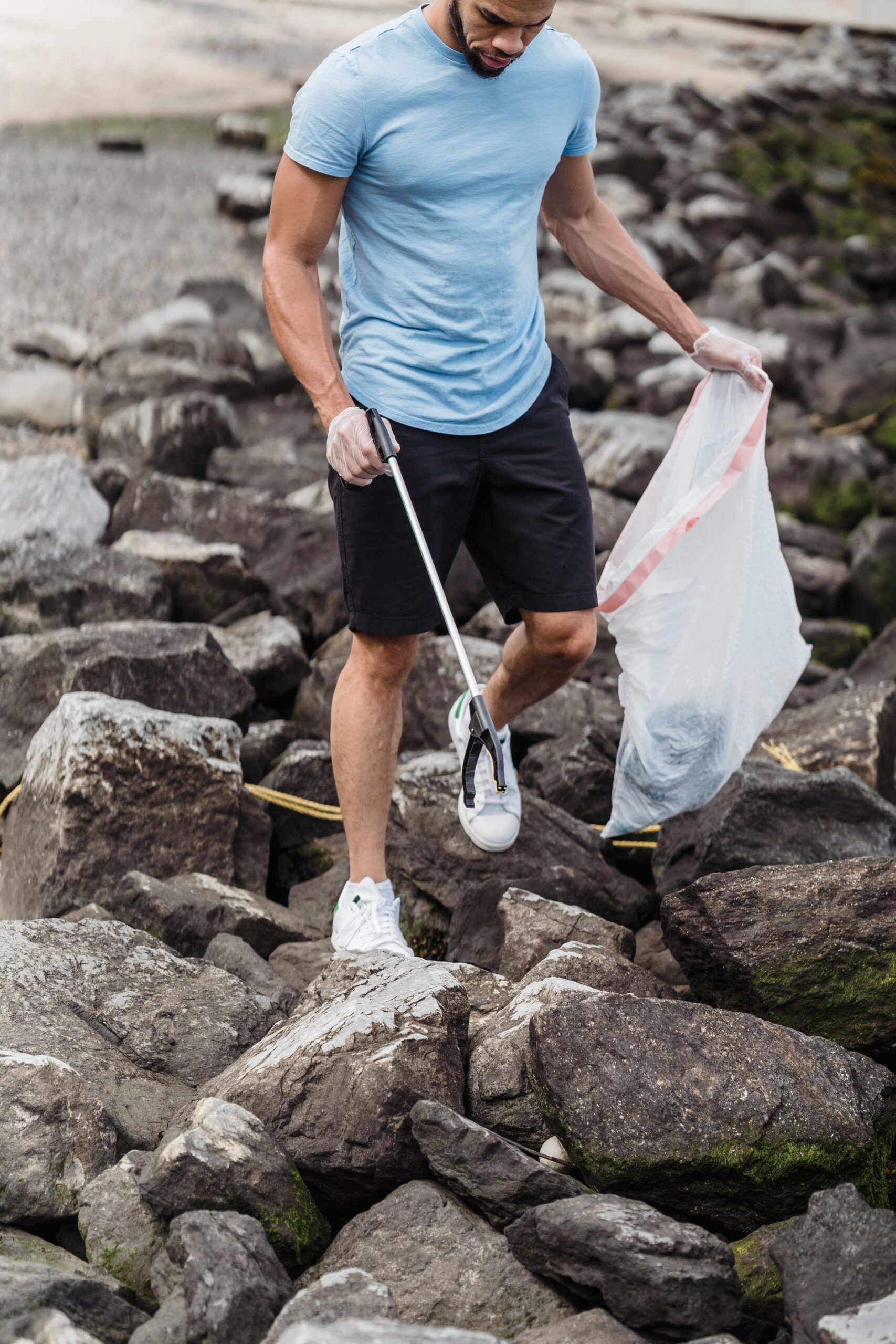
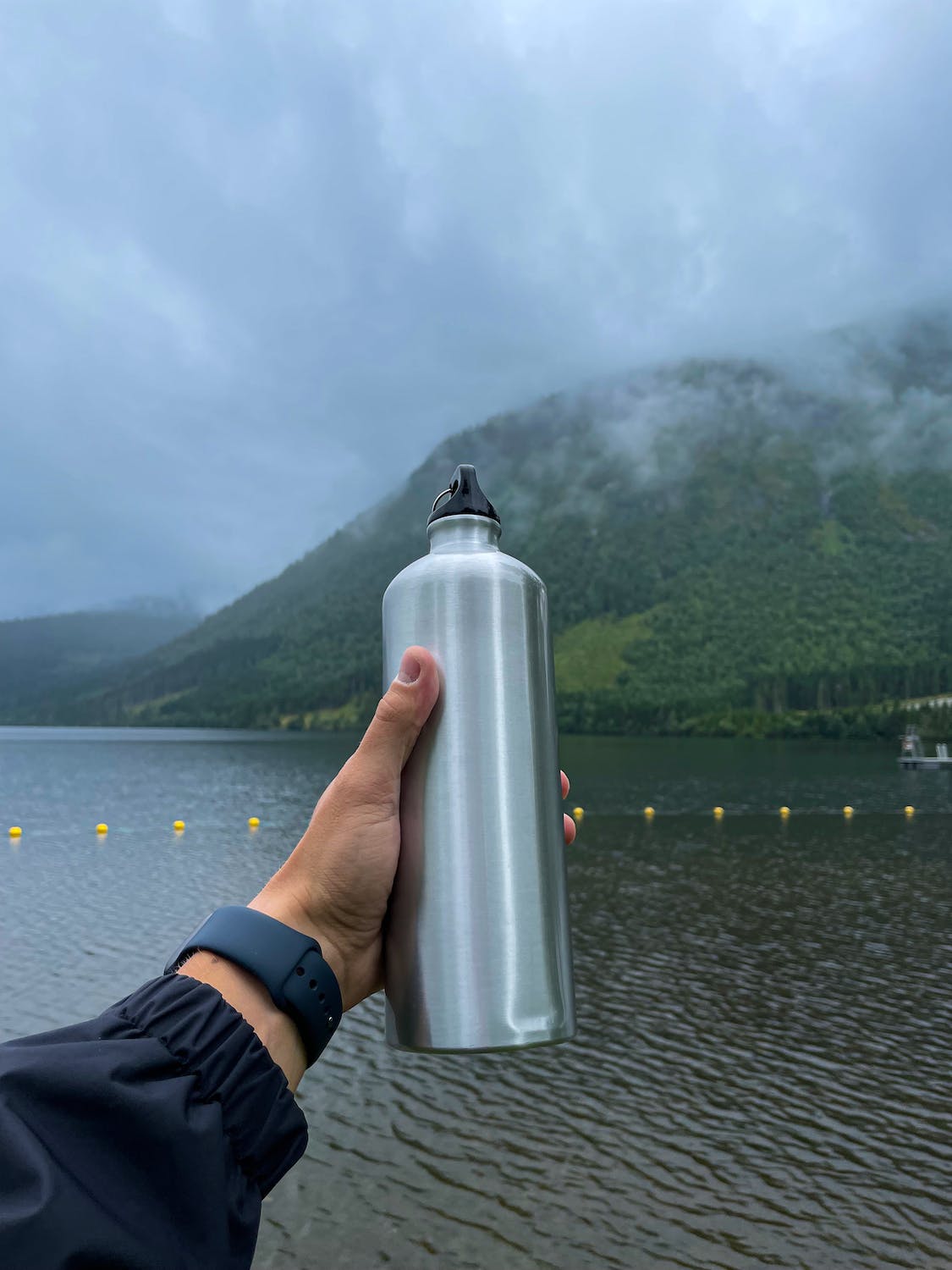
Share your Results:
Learned something? Check out our other quizzes:
Go back to quizzes